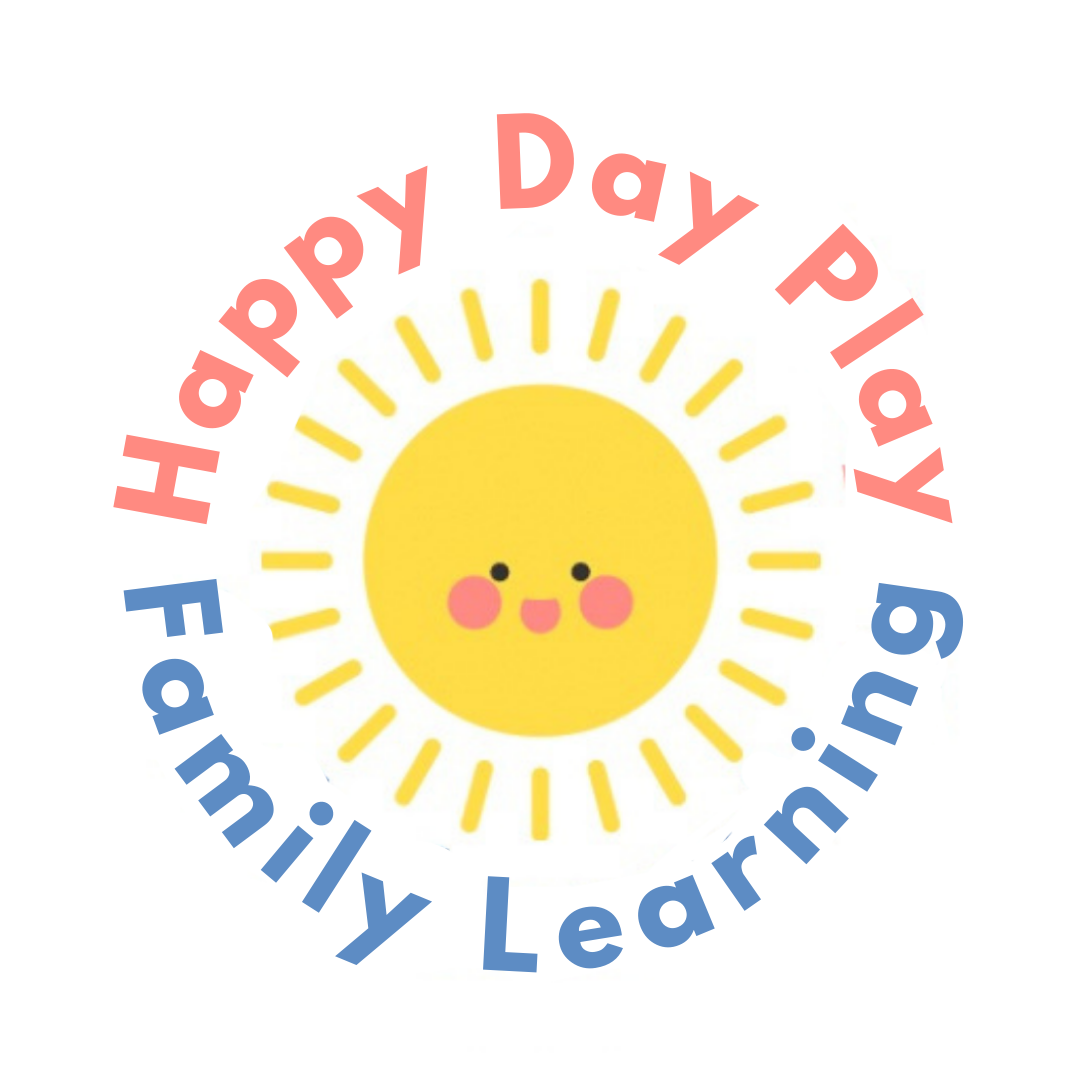Building Strong Family Bonds: Strategies for Strengthening Relationships and Creating a Supportive Family Environment for Children
A strong and supportive family environment is crucial for the overall well-being and happiness of its members, but perhaps most importantly, for young children. It provides a foundation of love, trust, and understanding, and serves as a source of comfort, encouragement, and guidance. Building and maintaining strong family bonds requires effort and dedication from every member, but the rewards are invaluable. Let’s explore strategies for strengthening relationships and creating a supportive family environment in order to lay the framework for future generations.
Effective Communication
Effective communication forms the bedrock of strong family bonds. It involves active listening, empathy, and open and honest expression of thoughts and feelings. By fostering an environment where family members feel heard and understood, communication becomes a vehicle for resolving conflicts, preventing misunderstandings, and building stronger connections. Regular family meetings or quality time set aside for open discussions can be instrumental in nurturing effective communication within the family.
Tip: Use "I" statements. Express your thoughts and feelings using statements that start with "I" to avoid sounding accusatory.
Quality Time and Shared Activities
Spending quality time together and engaging in shared activities is vital for strengthening family bonds. These activities can range from simple everyday routines like eating meals together, to planned outings and vacations. By participating in activities as a family, members develop a sense of belonging and create lasting memories. It is important to prioritize and carve out dedicated time for family activities, ensuring that everyone feels included and valued.
Tip: Have a weekly family game night. Dedicate one evening each week to playing board games or engaging in fun activities together.
Mutual Respect and Appreciation
Respect and appreciation are essential for maintaining healthy relationships within a family. Each member should be valued for their unique qualities, strengths, and contributions. Expressing gratitude and acknowledging each other's efforts and achievements fosters a positive atmosphere. Encouraging family members to actively support and celebrate one another helps in building stronger bonds and reinforces a sense of belonging.
Tip: Make family celebrations a priority. Celebrate birthdays, achievements, and milestones together to show support and appreciation for each family member.
Shared Responsibilities
Assigning and sharing responsibilities within the family promotes a sense of belonging and teamwork. When every member contributes to the functioning of the household, it instills a sense of ownership and shared commitment. Age-appropriate tasks can be assigned to children, teaching them responsibility and allowing them to develop skills. Regularly recognizing and praising each other's contributions further strengthens family ties.
Tip: Create a chore chart. Assign age-appropriate tasks to each family member and rotate them regularly.
Conflict Resolution and Forgiveness
Conflicts are a natural part of any relationship, and learning to resolve them in a healthy manner is crucial for maintaining strong family bonds. Encouraging open dialogue, active listening, and finding mutually acceptable solutions are key aspects of conflict resolution. Additionally, fostering an environment of forgiveness and understanding helps in healing and moving forward from disagreements, promoting harmony within the family.
Tip: Apologize and forgive. Teach the importance of apologizing sincerely, modeling what that looks like and forgiving one another to move past conflicts.
Emotional Support and Empathy
A supportive family environment is built on empathy and emotional support. By validating each other's feelings and providing a safe space for expression, family members can lean on one another during challenging times. Encouraging open conversations about emotions and actively offering support and encouragement promotes resilience and strengthens family bonds.
Tip: Encourage acts of kindness. Promote empathy by encouraging family members to perform random acts of kindness for each other and those outside the family.
Cultivating Family Traditions and Rituals
Creating and nurturing family traditions and rituals helps to strengthen the sense of identity and belonging within a family. These can be as simple as weekly game nights, holiday celebrations, or annual trips. Such traditions and rituals provide stability, create shared experiences, and reinforce the family's values and culture.
Tip: Establish a weekly family movie night. Rotate who gets to choose the movie and make it a special evening with popcorn (when old enough) and cozy blankets.
Key Takeaways
Building strong family bonds and creating a supportive family environment requires intentional effort and a commitment from each member. Through effective communication, quality time, mutual respect, shared responsibilities, conflict resolution, emotional support, and the cultivation of family traditions, families can create a nurturing space where love, trust, and understanding flourish. By implementing these strategies, families can strengthen their relationships, promote well-being, and create lasting memories together.
Sources:
American Psychological Association: "Building Resilience in Families Under Stress" - https://www.apa.org/topics/resilience-family
The Gottman Institute: "Strengthening Families Through Emotional Coaching" - https://www.gottman.com/blog/strengthening-families-through-emotional-coaching/
Verywell Family: "10 Tips for Building Healthy Family Relationships" - https://www.verywellfamily.com/tips-for-building-healthy-family-relationships-4123612
Psychology Today: "The Importance of Family Bonding Time" - https://www.psychologytoday.com/us/blog/modern-mentality/201704/the-importance-family-bonding-time

